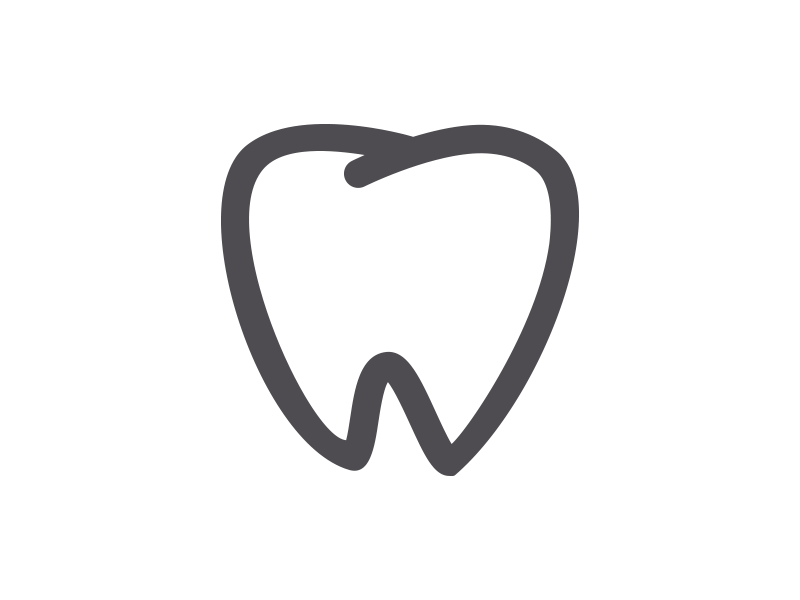Thumb Sucking, Finger Sucking and Pacifier Use
Thumb Sucking, Finger Sucking and Pacifier Use
Why do children suck on things?
Sucking is a natural infant reflex and necessary for feeding. Many babies begin to suck on their fingers or thumbs even before they are born. As they get older, sucking can continue for other reasons, like feeling insecure or seeking comfort. Sucking is relaxing, so it may also help them fall asleep. Young children often suck when they are tired.
Infants and young children may suck on thumbs, fingers, pacifiers or other objects while they explore new things and sensations in their world. Teething can also be a reason for sucking.
When and How to Help Your Child Stop Sucking
Most children stop sucking on their own between the ages of 2 and 4 years. Sucking occurs less often during this period since children can talk and have other ways to handle new situations and deal with anxiety. Peer pressure also causes many school-aged children to stop.
If your child does not stop on their own, you should discourage the habit. However, too much pressure to quit can do more harm than good.
- Instead of scolding your child for sucking, praise them for not sucking.
- Remember that children often suck their thumbs when feeling insecure or seeking comfort. Focus on helping them find other ways to feel relaxed and calm.
- Reward your child when they avoid sucking during difficult periods, such as being away from you.
- Your child’s dentist can encourage your child to stop sucking and explain what could happen to the teeth if he or she does not stop.
- If these methods don’t work, remind your child of the habit by bandaging their thumb or putting a sock over the hand at night.
- If the sucking continues, talk to your child’s dentist or pediatrician. They may recommend other methods to discourage sucking.
Problems Caused by Thumb or Finger Sucking
Thumb and finger sucking can result in problems early on for your child. The effects are especially noticeable when their adult (also called permanent) front teeth begin to come in, around age 6. Continued sucking may cause problems with the proper growth of their mouth and the alignment of their teeth. It can also cause changes in the roof of their mouth.
The chance of developing dental problems depends on how often, how long, and how strongly your child sucks. Children who rest their thumbs gently in their mouths are less likely to have problems than are children who vigorously suck their thumbs.
Speech patterns such as lisping may also be affected by prolonged thumb or finger sucking. If you notice changes in the position of your child’s teeth, talk with their dentist.

Pacifiers Can Cause the Same Problems as Thumb and Finger Sucking
But, pacifier use is often an easier habit to break.
- If you give your baby a pacifier, never dip it in sugar or honey.
- Do not clean the pacifier in your own mouth because you can pass decay-causing bacteria to your baby.
- Children should stop using pacifiers around age 2.
Pacifier sucking can cause problems to your child’s teeth and mouth in the same way as thumb and finger sucking.

Produced in cooperation with the American Academy of Pediatric Dentistry.
Malocclusion photo courtesy of Dr. Grant Bowbeer.
Patient education content ©2020 American Dental Association. All rights reserved. “ADA” and the “ADA” Logo are registered trademarks of the American Dental Association.
Content retrieved from: https://education.avadent.com/ada/index.php/portal/show/93ccc34363fa70/2/46.













